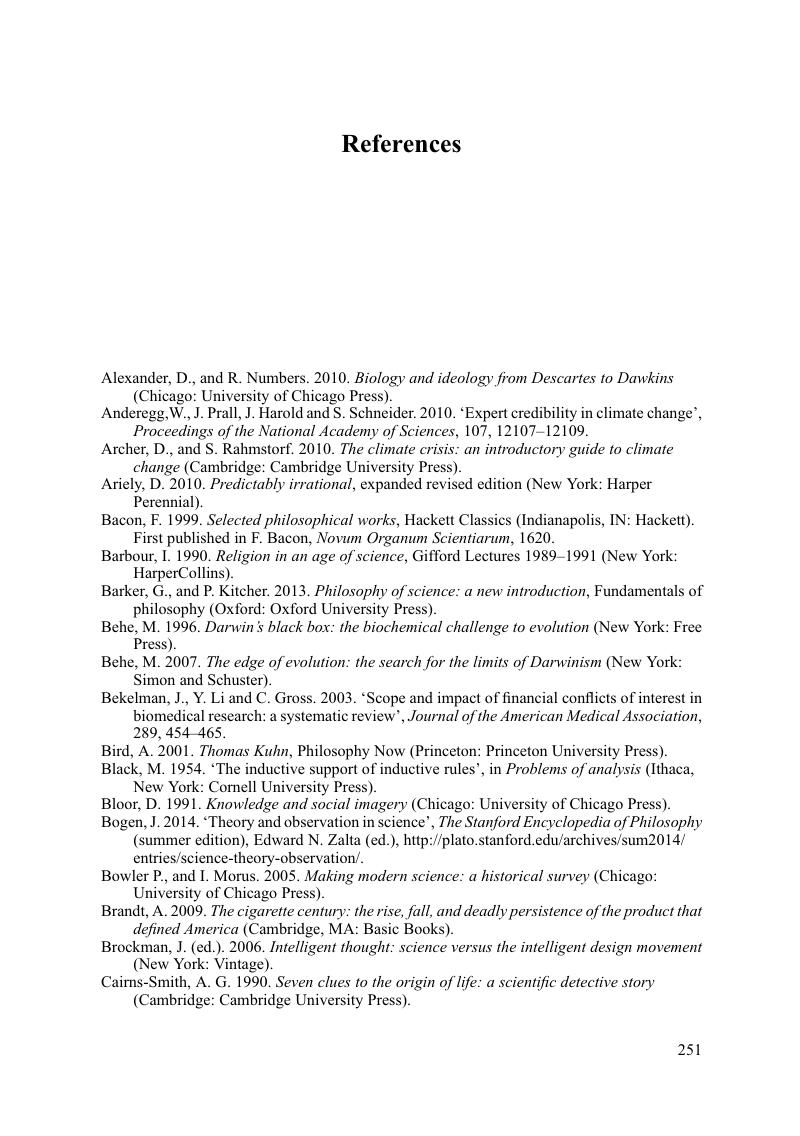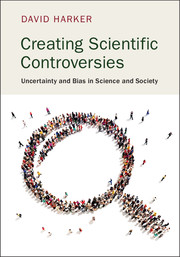References
Published online by Cambridge University Press: 05 October 2015
Summary

- Type
- Chapter
- Information
- Creating Scientific ControversiesUncertainty and Bias in Science and Society, pp. 251 - 256Publisher: Cambridge University PressPrint publication year: 2015



